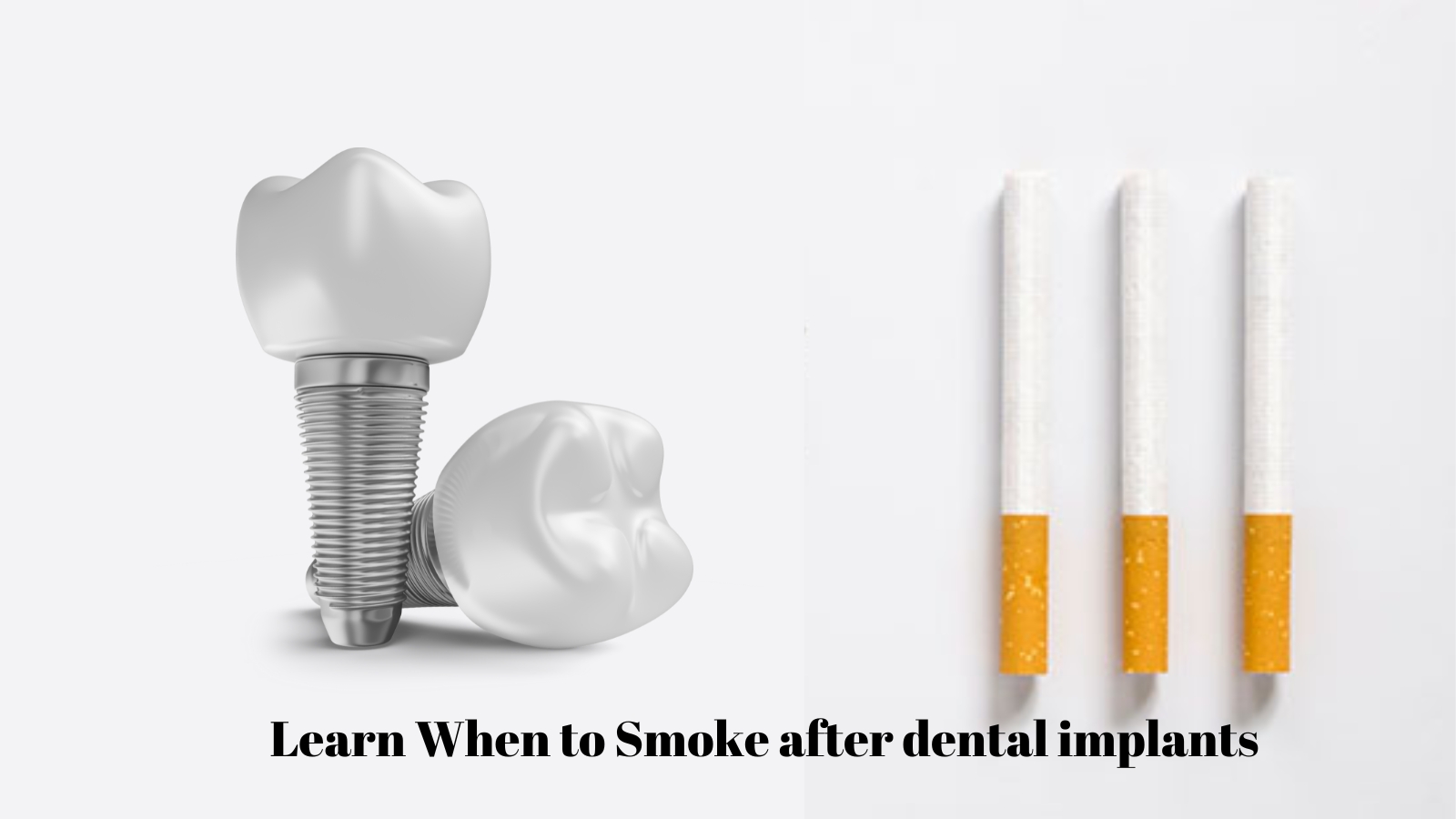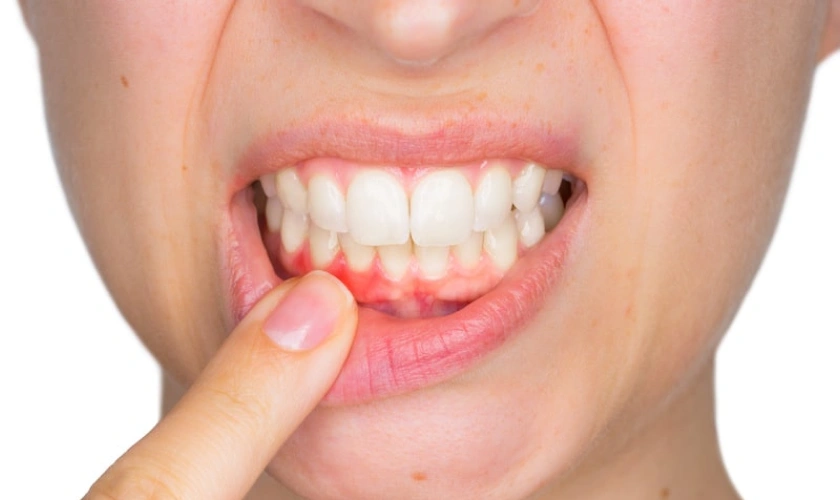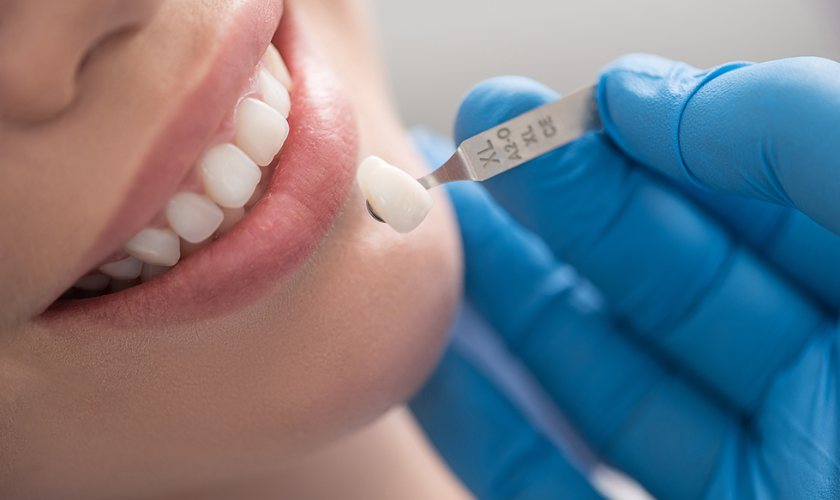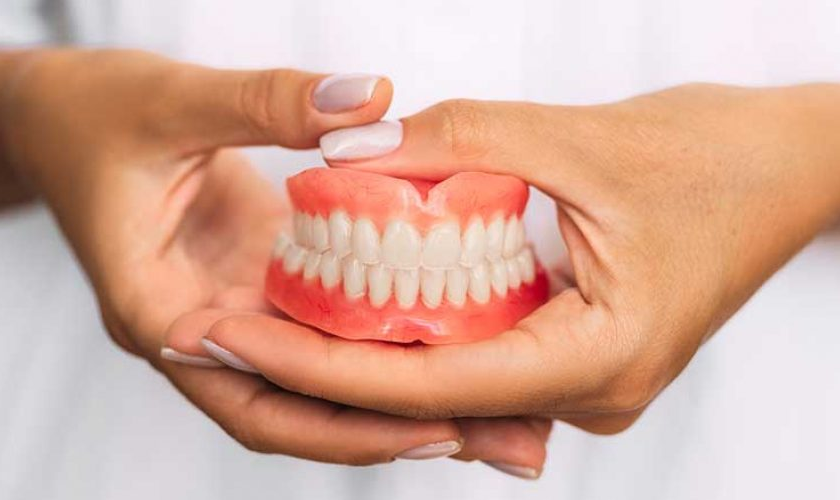
After going through the process of getting dental implants, one of the first things on your mind might be when you can return to your regular habits, like smoking. If you’re a smoker, you’re likely itching for that moment. However, patience is key. Dental implants need time to heal, and introducing smoking too soon can derail the entire process. This article breaks down what you need to know about the ideal time to smoke cigarette after dental implants and why waiting is crucial for your recovery.
The Critical Healing Period
Dental implants are designed to last a lifetime, but longevity depends heavily on how well they heal. The first few days after the procedure are the most sensitive, as your gums and jawbone need to begin fusing with the implant—a process called osseointegration. During this time, your body works hard to heal; any disruption can cause complications.
Smoking, in particular, can create significant problems. It reduces blood flow to the gums, slows healing, and increases the risk of infection. Even though you might crave a cigarette after the procedure, it’s best to hold off for a while to give your mouth the best chance of healing properly.
How Smoking Affects Dental Implants?
Before you light up, consider what smoking does to your body, especially in the mouth. The chemicals in cigarettes, such as nicotine, carbon monoxide, and tar, can have a direct impact on the success of your dental implant. Nicotine restricts blood vessels, limiting oxygen and nutrients reaching the gums, making healing slower and less effective. A lack of oxygen can hinder the growth of healthy tissue, which is essential for the implant to anchor securely in your jawbone.
Moreover, smoking can lead to dry mouth. Harmful bacteria can thrive without enough saliva, leading to infections that compromise the implant’s stability. There’s also a greater risk of developing peri-implantitis, where the tissues around the implant become inflamed and infected, potentially causing implant failure.
How Long Should You Wait?
This is where patience truly pays off. Dentists generally recommend waiting at least 72 hours after your dental implant surgery before even considering smoking. This gives your body time to form blood clots at the surgical site, which are critical to the initial healing phase. Disrupting this process too soon could lead to a dry socket or other complications.
However, the ideal waiting period is longer than that. To fully protect your implant, it’s advised to avoid smoking for at least two to three months. This may seem like a long time, but during this window, osseointegration occurs when your jawbone fuses with the implant. Smoking during this time can severely hinder this crucial process and increase the risk of implant failure.
What If You Can’t Quit?
Quitting smoking is not easy. If you’re struggling to give up cigarettes completely, reducing your smoking habit can still have benefits. You could try using nicotine patches or gum during the healing period. These alternatives provide nicotine without exposing your dental implant to the harmful chemicals in cigarettes.
Additionally, making a conscious effort to limit your smoking during the healing phase, even if you can’t quit cold turkey, will still reduce the risks. Try to smoke less frequently and, if possible, avoid smoking right after meals, as this is when your gums are susceptible.
Tips to Support Your Healing
Even if you’re determined to resume smoking after your dental implants, there are still ways to help protect your investment and improve your recovery. Here are some tips to make the healing process smoother:
1. Stay Hydrated: Drinking plenty of water helps combat dry mouth and keeps bacteria at bay. Staying hydrated also encourages proper circulation, which is crucial to healing.
2. Use an Antibacterial Mouthwash: Your dentist will likely recommend an antibacterial mouthwash to reduce the risk of infection. Follow their advice religiously, especially if you plan to smoke.
3. Eat Soft Foods: Eating soft foods helps prevent unnecessary pressure on the implant site. Hard or crunchy foods can dislodge blood clots, making healing slower and more difficult.
4. Follow Up with Your Dentist: Regular checkups are crucial after any dental surgery, especially if you’re a smoker. Make sure to attend all follow-up appointments, and don’t hesitate to contact your dentist if you notice any issues with your implant.
Long-Term Smoking and Dental Health
While the short-term goal is to protect your new dental implant, it’s also worth considering the long-term effects of smoking on your overall dental health. Smoking can stain your teeth, cause gum disease, and increase your risk of losing more teeth in the future. Even if your implant heals successfully, smoking could still lead to other oral health problems down the line.
If quitting smoking seems too daunting, talking to a healthcare professional can provide you with options and strategies to help reduce your smoking or stop altogether. The health benefits are well worth the effort, not just for your implants but for your entire body.
So, when can you smoke after dental implants? The best advice is to wait at least 72 hours, but aiming for a longer break—up to three months—is the safest route for a successful recovery. Smoking too soon can jeopardize the healing process and lead to implant failure, something no one wants after going through the time, effort, and expense of the procedure.
While it might be tempting to pick up a cigarette right after the surgery, your future self will thank you for exercising patience. Giving your body the time it needs to heal fully can make all the difference in the success of your dental implant. After all, this is an investment in your smile and your overall well-being.
If you’re struggling to wait, consider alternatives to smoking, like nicotine patches or gum, to get through the healing period. And remember, the healthier your gums and jawbone are, the better chance your implant has to thrive—so make that waiting time count!





